Common Mistakes RF Microwave PCB Procurement Managers Make and How to Avoid Them
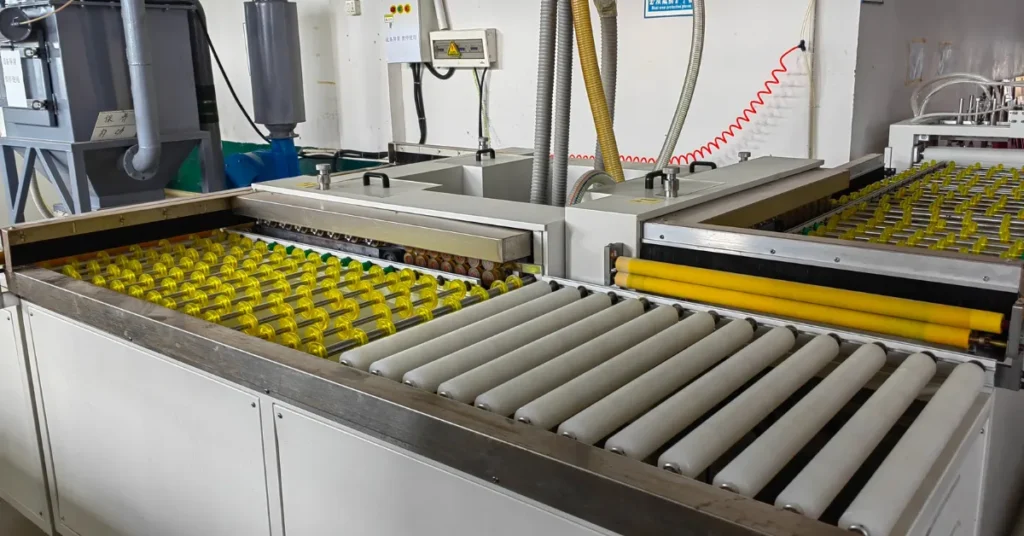
When purchasing RF microwave PCBs, buyers often make several mistakes that can impact the performance, cost, and reliability of the product. These common errors, if avoided, can lead to smoother procurement processes and better end-product quality. 1. Inadequate Understanding of RF PCB Materials Mistake: One of the most common mistakes is failing to […]
PCB Via Guidelines for Multi-layer Circuit Board Manufacturing
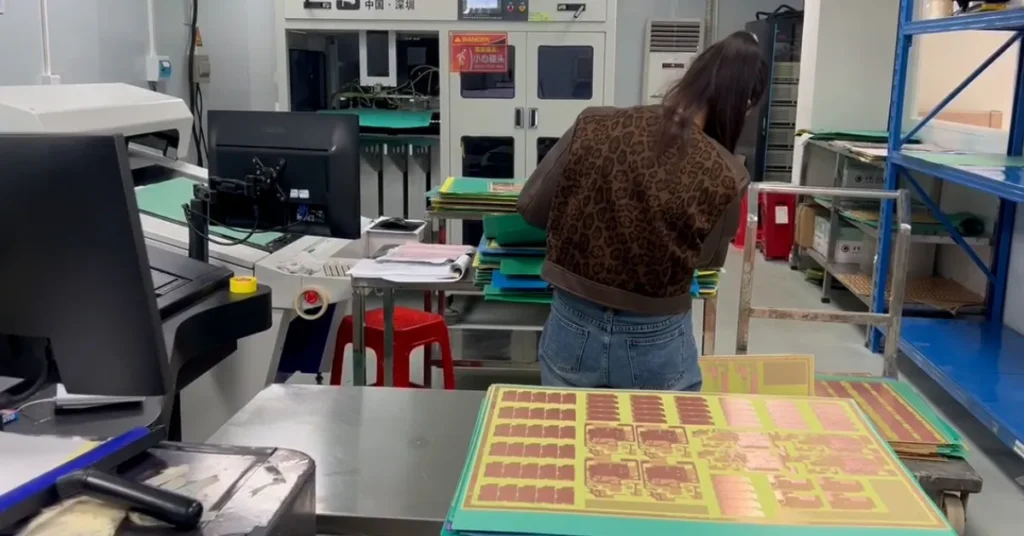
Vias are essential components in multi-layer PCB designs, enabling vertical connections between layers of a circuit board. Proper design and manufacturing of vias are critical for achieving reliable performance, especially in complex circuits. This guide covers key types of vias, manufacturing processes, and best practices for designing vias to ensure successful PCB manufacturing. Types of […]
Why Use a Hybrid PCB? Hybrid PCB Design and Manufacturing Process
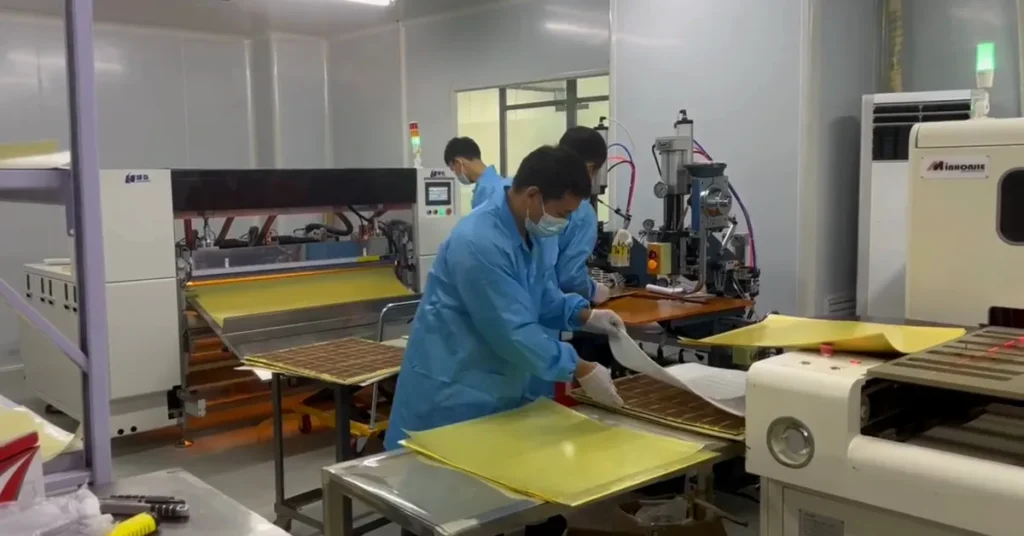
Hybrid PCBs are used in scenarios where a combination of different materials is necessary to meet the varying performance, cost, and manufacturing requirements of the design. Key situations where hybrid PCBs are typically employed include: Hybrid PCB Design and Manufacturing Process (Simplified) Designing and manufacturing a hybrid PCB involves several key steps: 1. Requirement Definition […]
Standard PCB Layout Guidelines
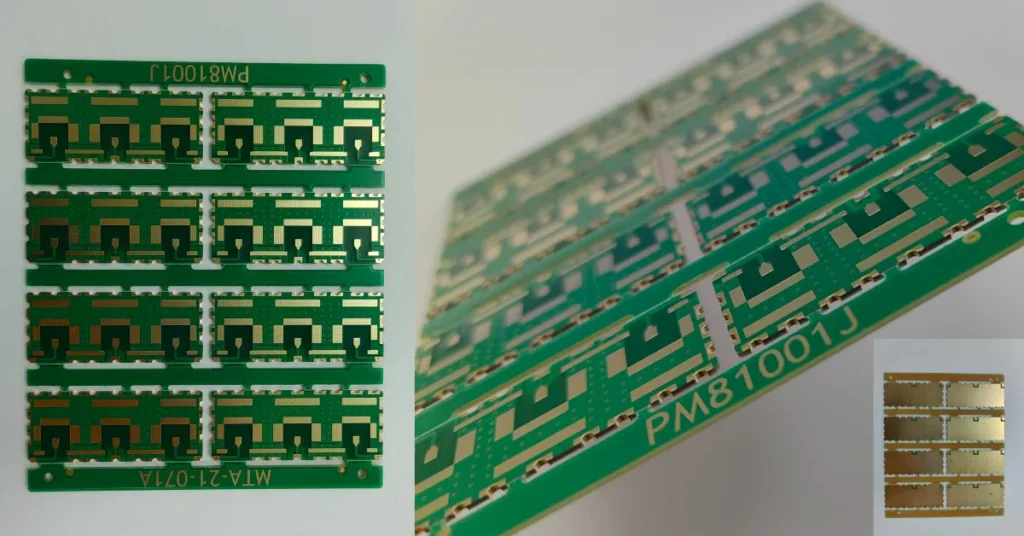
Standard PCB Layout Guideline PCB (Printed Circuit Board) layout is a crucial step in electronic design and manufacturing. A well-designed PCB layout ensures that the device performs as intended, maintains signal integrity, and is manufacturable and reliable. This guide provides a comprehensive look at best practices, techniques, and key considerations for a high-quality PCB layout, […]
RF PCB Design Guidelines and Considerations

Designing PCBs for radio frequency (RF) applications presents unique challenges compared to standard PCB design. RF signals, typically defined as signals above 100 MHz, are sensitive to noise, impedance mismatches, and electromagnetic interference (EMI), making design intricacies crucial for optimal performance. In this guide, we will explore comprehensive RF PCB design guidelines, from component placement […]
How to Find an RF PCB Manufacturer and When to Engage Them
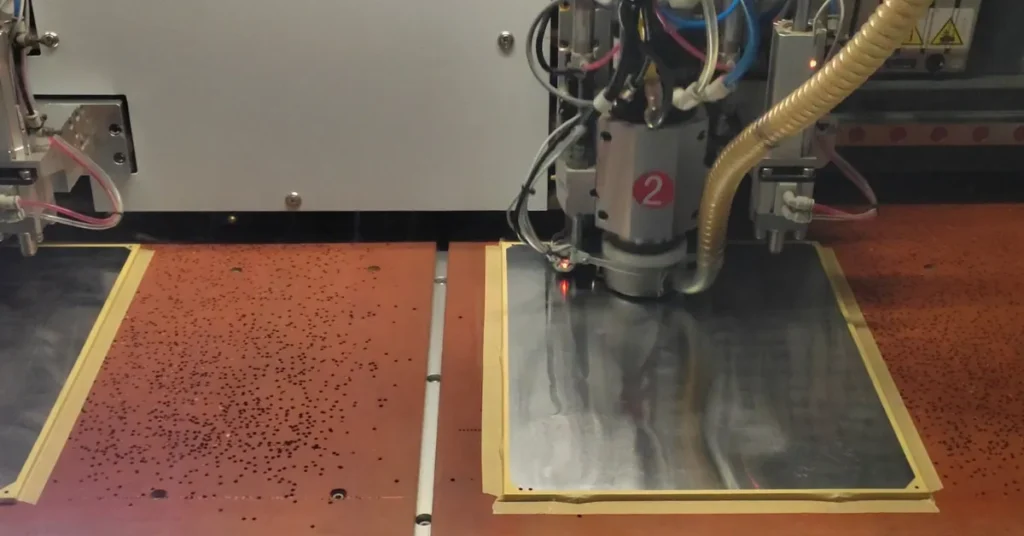
1. Identifying Suitable RF PCB Manufacturers Finding the right RF PCB manufacturer requires thorough research based on several critical factors such as manufacturing capability, technology expertise, industry experience, and compliance with RF-specific needs. Below are steps to consider when searching for a suitable manufacturer: 2. When to Engage with an RF PCB Manufacturer The timing […]
Material Selection for RF, Microwave, Millimeter-Wave, and Antenna PCBs: Key Considerations and Guidelines
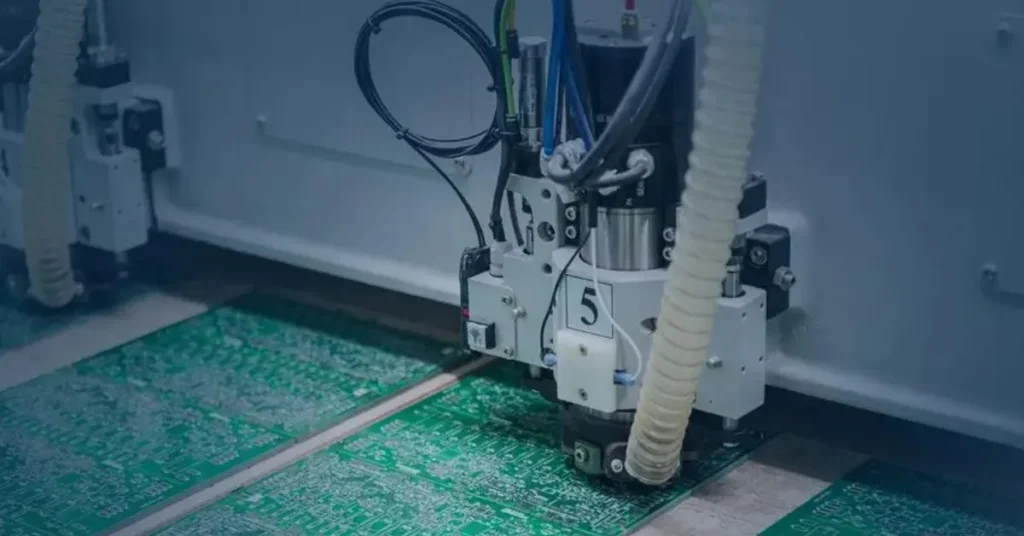
Choosing the Right Surface Finish for RF and Microwave PCBs: Key Considerations and Applications

When selecting surface treatment processes for RF (Radio Frequency) and microwave PCBs, the specific electrical performance requirements, frequency range, and signal integrity are critical factors to consider. These applications demand low signal loss, precise impedance control, and reliable solderability to ensure optimal performance in high-frequency environments. Let’s break down each surface treatment process in terms […]
Testing and Inspection Processes for High-Frequency PCB Manufacturing
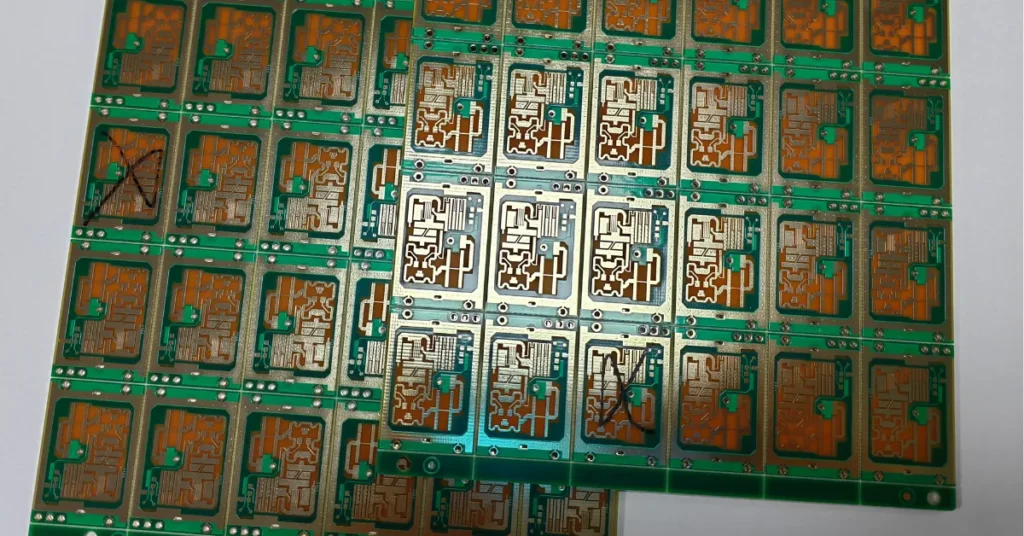
Radio Frequency (RF) Printed Circuit Boards (PCBs) play a crucial role in various advanced technological applications where high-frequency signal transmission is necessary. Operating in the RF spectrum (from 3 kHz to 300 GHz), these PCBs are integral to industries like telecommunications, automotive, medical devices, aerospace, and consumer electronics. Their design must account for minimal signal […]
High-Frequency PCB Manufacturer Collaboration Process and Stages
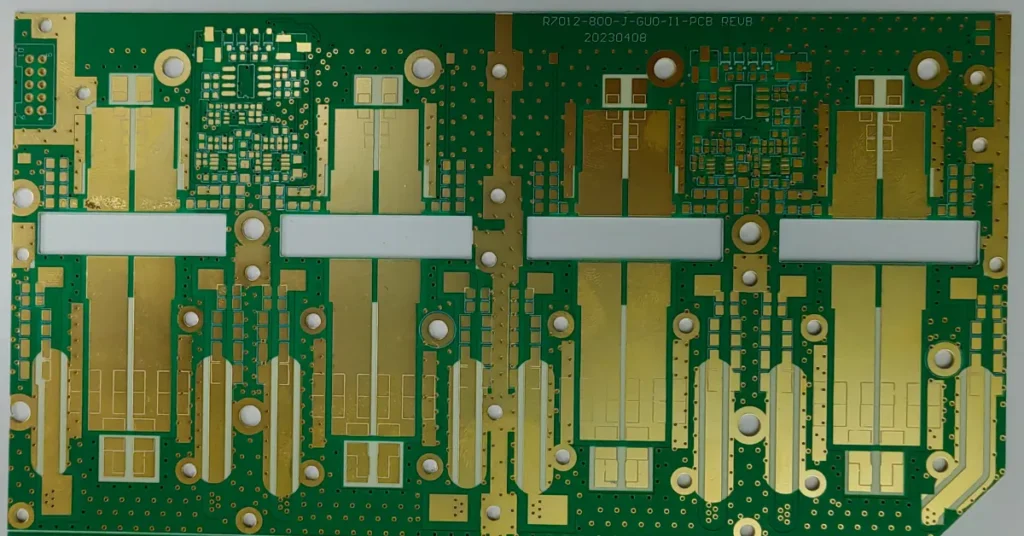
Effective collaboration with a high-frequency (HF) PCB manufacturer is crucial to achieving precision, reliability, and performance in RF, microwave, or millimeter-wave designs. HF PCBs are highly specialized, requiring strict adherence to material properties, fabrication techniques, and testing methods. Here’s a streamlined approach to ensure successful outcomes. 1. Manufacturer Selection Objective: Identify a manufacturer with expertise […]
Quality Assurance in the manufacturing of high-frequency PCBs (HF PCBs)

Ensuring precision and quality in the manufacturing of high-frequency PCBs (HF PCBs) is critical for maintaining signal integrity at GHz frequencies. The following processes and techniques are implemented to achieve high precision: 1. Material Selection and Verification 2. Precise Impedance Control 3. Advanced Etching Processes 4. Surface Roughness Control 5. Precise Layer Alignment (Registration) 6. […]
Multi-layer PCB Layer Count Design Principles
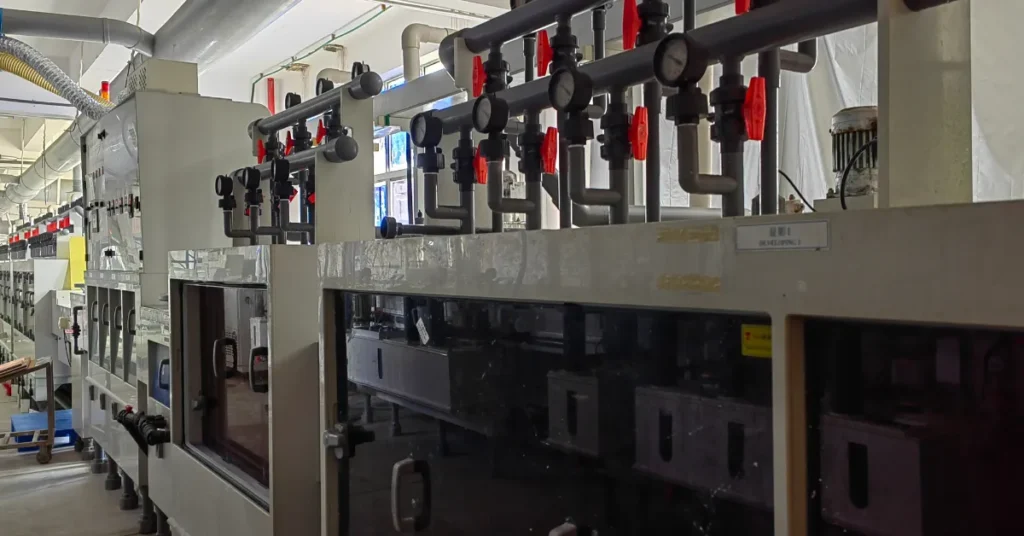
What is High-Frequency PCB ?
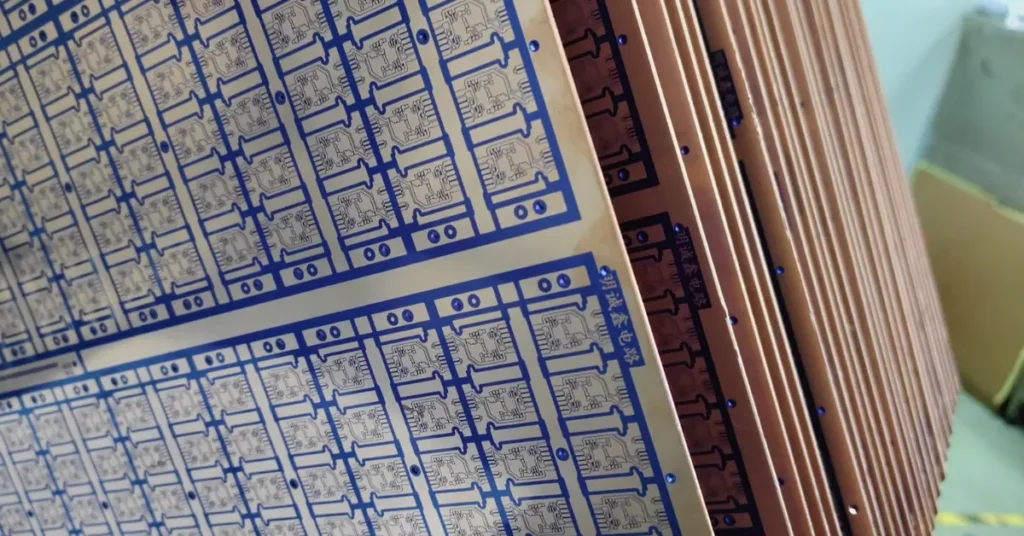
Introduction to High-Frequency PCB High-frequency PCBs (Printed Circuit Boards) are specialized circuit boards designed to operate at frequencies usually above 1 GHz, often reaching several gigahertz or more. These boards are critical components in a wide range of modern electronic devices, including telecommunications systems, radar and satellite systems, automotive electronics, medical equipment, and consumer electronics. […]
Testing and Inspection Processes for High-Frequency PCB Manufacturing
In the manufacturing of high-frequency PCBs (HF PCBs), testing and inspection processes are critical to ensure the board meets stringent quality and performance requirements. Several key testing methods are employed, including Automated Optical Inspection (AOI), Flying Probe Testing, and others. Here’s a breakdown of these testing techniques and how they are used to maintain quality […]
Selecting PCBs for RF and Microwave Applications
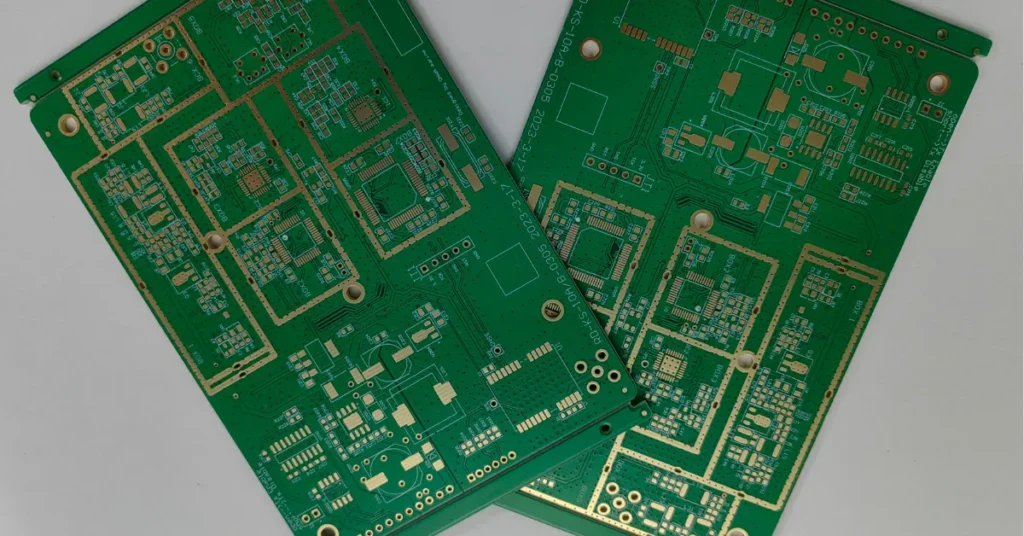
Introduction Radio Frequency (RF) and Microwave applications are critical in modern communication systems, medical devices, aerospace technologies, and a myriad of electronic devices. The PCB (Printed Circuit Board) serves as a foundation for these applications, influencing their efficiency, performance, and reliability. Choosing the right PCB for RF and Microwave designs can be a complex task […]
FR4 substrates vs high-frequency materials
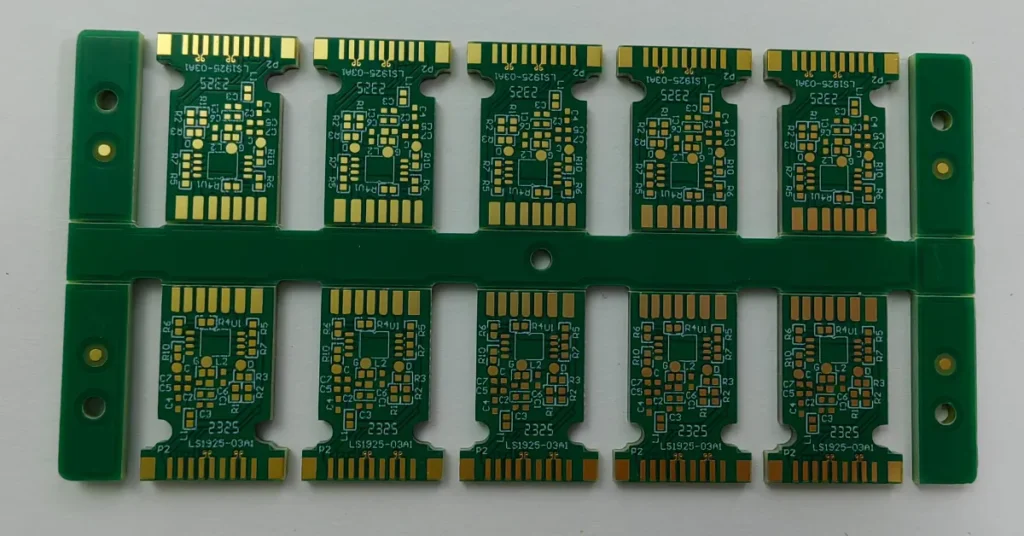
Introduction to FR4 and High-Frequency PCBs FR4 is a widely used material for PCBs, representing a class of glass-reinforced epoxy laminate. The acronym “FR” stands for “flame retardant,” a critical property for materials used in electronics. FR4 serves as the baseline substrate in many electronic applications because of its mechanical strength, chemical resistance, and excellent dielectric […]
RF and Microwave Terms in PCB design and manufacturing
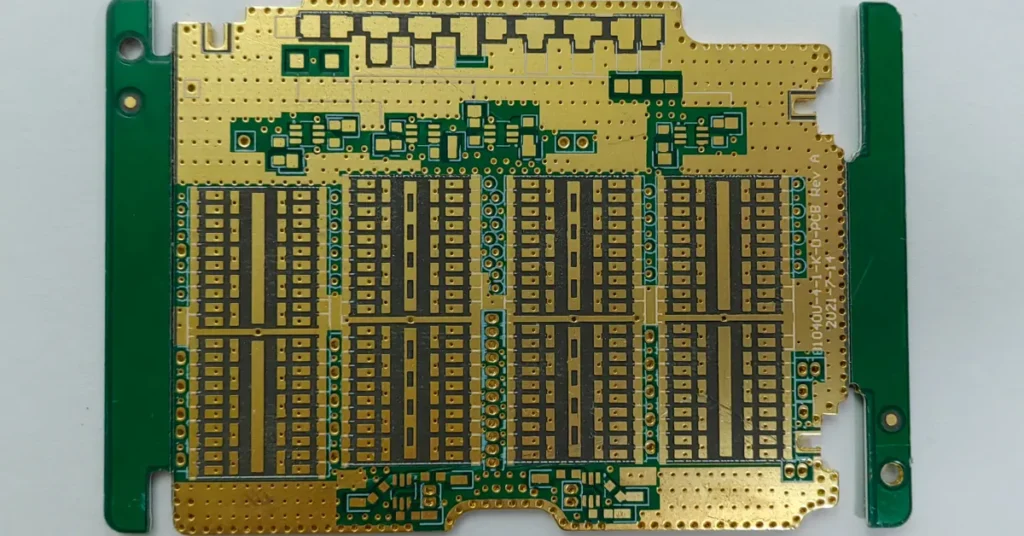
Here is an extended list of the most commonly used terms in RF, microwave, radar, millimeter-wave, and antenna PCB design and manufacturing, along with specific examples: 1. RF (Radio Frequency) Description: Electromagnetic waves ranging from 3 kHz to 300 GHz used in communications, radar, and wireless applications. Example: Designing a 2.4 GHz Wi-Fi PCB requires […]
What is PCB Assembly Process ?
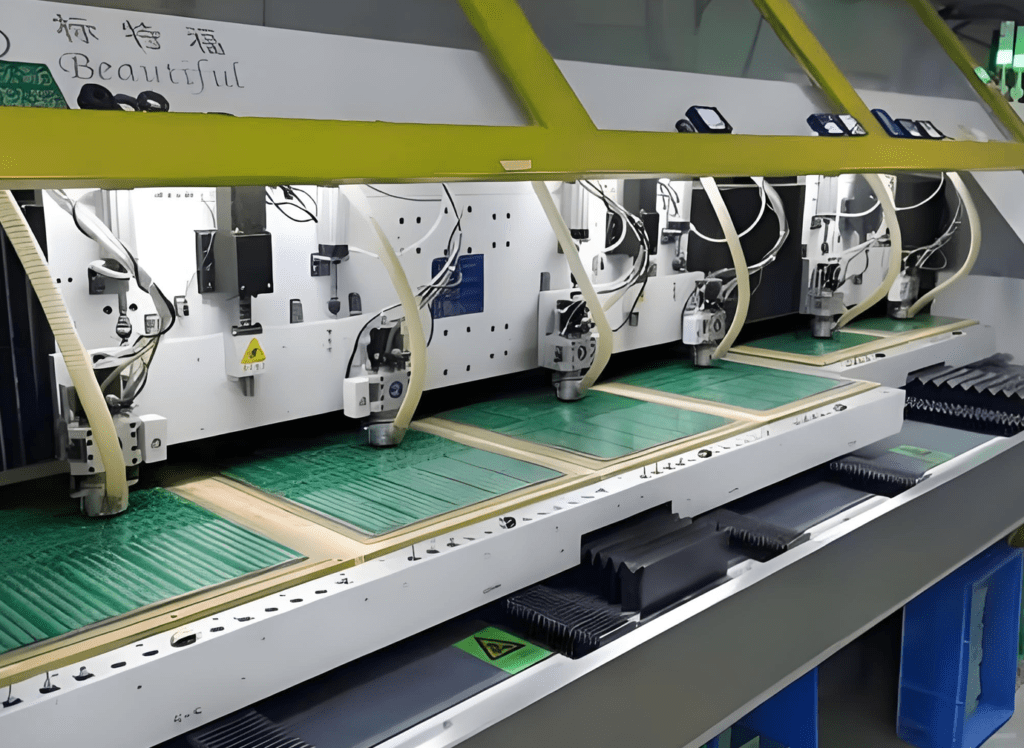
PCB Assembly Process: A Comprehensive Overview The PCB (Printed Circuit Board) assembly process is a critical phase in electronics manufacturing, transforming individual components into fully functional electronic devices. This detailed description of the PCB assembly process covers all essential steps, methodologies, and considerations。 1. Introduction to PCB Assembly PCB assembly involves the mounting of electronic […]
Basic Knowledge of HF PCB Materials, Manufacturers, and Specific Models
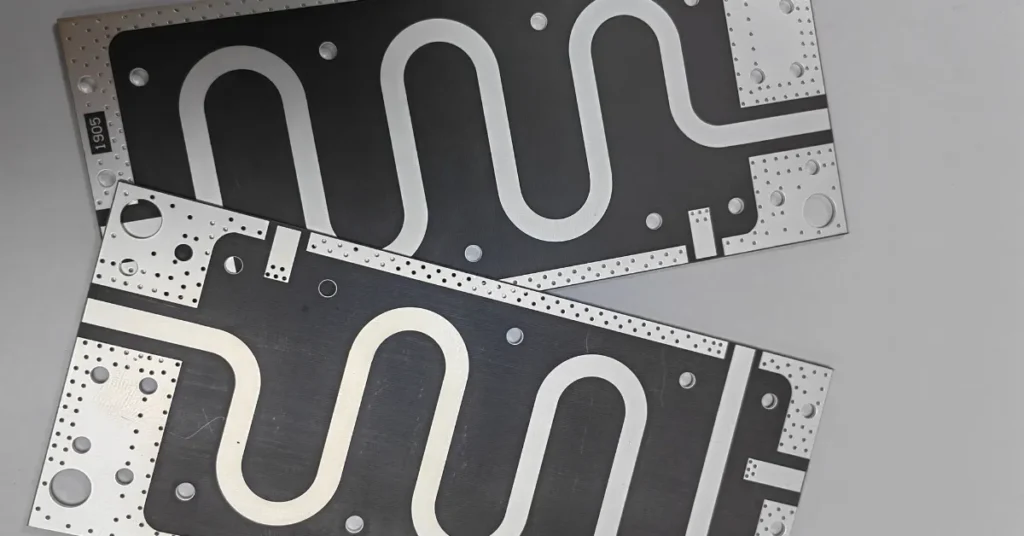
High-Frequency (HF) Printed Circuit Boards (PCBs) are critical components in industries requiring efficient signal transmission, such as telecommunications, aerospace, automotive radar, satellite systems, and RF (Radio Frequency) applications. For these applications, regular PCB materials (like FR-4) often fall short because they introduce significant signal loss and interference. Instead, specialized HF PCB materials are used to […]
Common Mistakes in RF PCB Design and How to Avoid Them

Designing RF (Radio Frequency) PCBs is a complex process due to the sensitive nature of high-frequency signals and the specific requirements for signal integrity, noise reduction, and impedance matching. Below are common errors in RF PCB design and strategies to mitigate them: 1. Poor Impedance Matching Problem: Impedance mismatches can lead to signal reflection, signal […]
